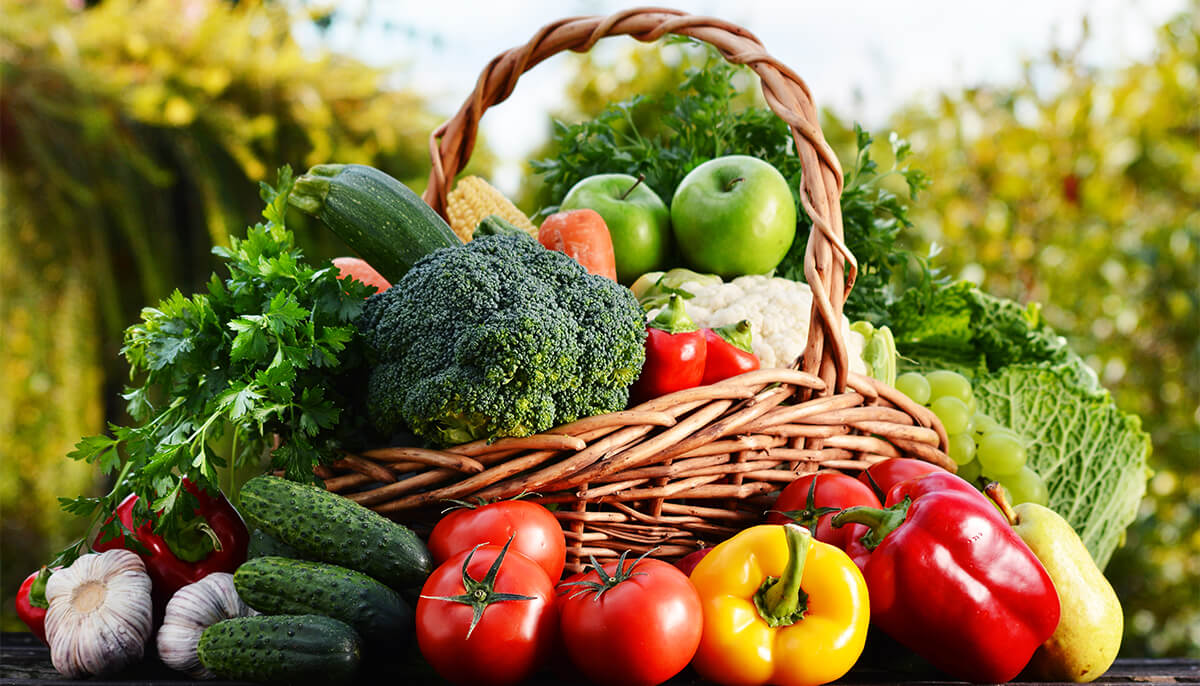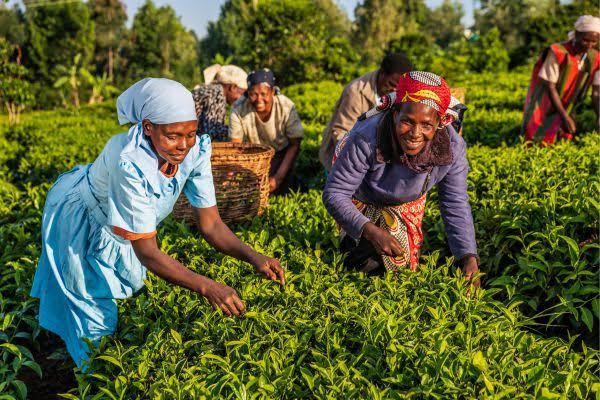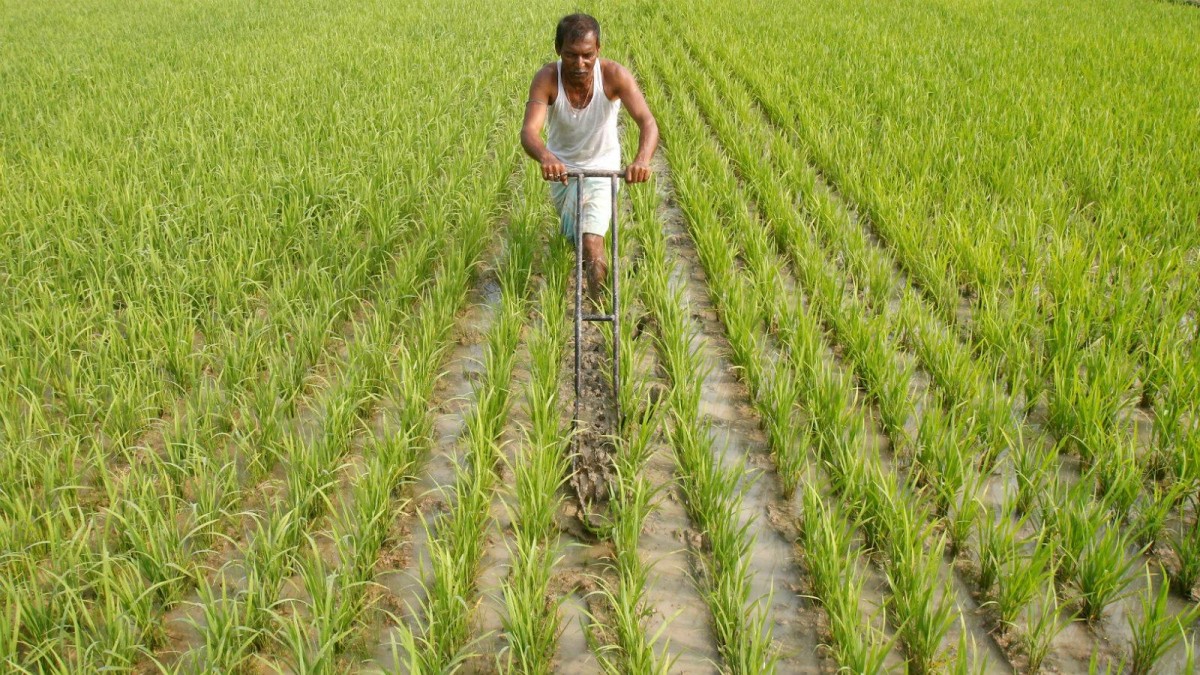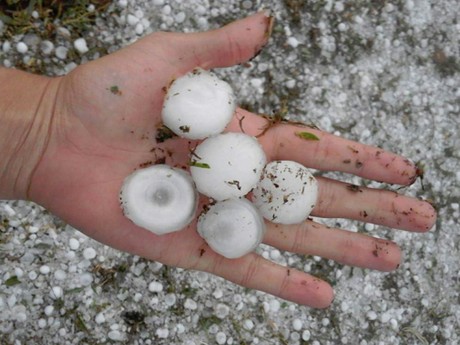Germany - Hail cannons prevent hail damage but still no rain
15.08.2018 397 views
ScaleAgData Stakeholder Engagement Event
22.10.2024The ScaleAgData project is pleased to invite you to our second stakeholder event. Building on the discussions and connections formed during our first webinar, this event will focus on fostering collaboration among stakeholders, providing updates on our project’s progress, and outlining future opportunities for engagement.

Moldova’s agriculture grew by about 14% in 2025, against the backdrop of the advancement of plant production
Last year, the agricultural production in Moldova recorded an increase of approximately 14%.

Nigeria - FG Urged to Expand NAIC Insurance Coverage for Smallholder Farmers
The Minister of State for Agriculture and Food Security, Sen. Dr. Aliyu Sabi Abdullahi, has urged the Federal Government to expand insurance coverage to more smallholder farmers across Nigeria.

India - Agriculture Minister hands over crop insurance policies to farmers
Agriculture Minister Chander Kumar handed over crop insurance policies to farmers and outlined government initiatives aimed at strengthening the farm sector at a workshop organised at Jawali in Kangra district on Friday.

Grants of up to €50,000 for agricultural producers in Moldova
The Solidarity Fund PL in the Republic of Moldova has launched a call for funding for local agricultural SMEs as part of the wider Team Europe Initiative ‘Sustainable Agri-Food Systems’, financed by the European Union and the Czech Republic.

Jamaican government launches $880M REDI-II Greenhouse Project to boost climate-resilient agriculture
The Government of Jamaica has officially launched the Greenhouse Clusters and Cooperative Infrastructure Upgrade Project under the Second Rural Economic Development Initiative (REDI-II), with an investment of $880.4 million.

India - Chemical contamination in GPLIS Canal kills fish, alarms farmers
Farmers and residents are concerned after suspected chemical contamination in the Gollapudi Pumping Lift Irrigation Scheme (GPLIS) canal led to large-scale fish deaths and fears of damage to paddy crops at in several villages in Vijayawada Rural mandal of NTR district and Mustabad of Krishna district.

Ukraine - Significant part of stone fruit harvest lost by gardeners in Vinnytsia region
Due to abnormal frosts, Vinnytsia agrarians will not be able to harvest 80% of apricots and peaches and up to 40% of cherries, sour cherries, and plums.

U.S. winter storm causes crop and farm damage in Arkansas
A winter storm that brought snow, sleet, and sub-freezing temperatures to Arkansas in late January resulted in tens of millions of U.S. dollars in agricultural losses, according to a report from the University of Arkansas System Division of Agriculture.




